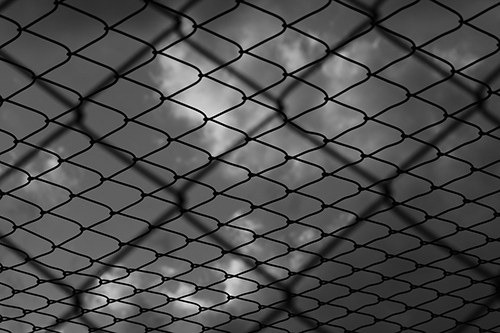Jul 12 2016 White House initiative brings together cross-sector partners to spur criminal justice reform
 In a statement released late last month, the White House outlined the problems that exist in the U.S. criminal justice system, citing a few key statistics: 11 million people in 3,100 local jails costing local governments $22 billion per year — 64 percent of people in local jails suffering from mental illness and 68 percent with a substance abuse disorder. The statement continued, “Communities across the country have recognized that a relatively small number of these highly-vulnerable people cycle repeatedly not just through local jails, but also hospital emergency rooms, shelters, and other public systems, receiving fragmented and uncoordinated care at great cost to American taxpayers, with poor outcomes.”
In a statement released late last month, the White House outlined the problems that exist in the U.S. criminal justice system, citing a few key statistics: 11 million people in 3,100 local jails costing local governments $22 billion per year — 64 percent of people in local jails suffering from mental illness and 68 percent with a substance abuse disorder. The statement continued, “Communities across the country have recognized that a relatively small number of these highly-vulnerable people cycle repeatedly not just through local jails, but also hospital emergency rooms, shelters, and other public systems, receiving fragmented and uncoordinated care at great cost to American taxpayers, with poor outcomes.”
While the White House and President Obama have made statements about these issues in the past, this one comes with a plan to enact change, specifically through greater collaboration among government, non-profit, and business partners. The Data Driven Justice Initiative (DDJ) is a coalition of 67 city, county, and state governments committed to using data-driven strategies to provide alternate solutions for mentally ill low-level offenders and change approaches to pre-trial incarceration. “These innovative strategies, which have measurably reduced jail populations in several communities, help stabilize individuals and families, better serve communities, and save money in the process,” details the press release.
“These innovative strategies, which have measurably reduced jail populations in several communities, help stabilize individuals and families, better serve communities, and save money in the process.”
The key to this program is sharing best practices among these government partners, to facilitate intergovernmental learning and allow cities, states, and counties to scale up or initiate these successful programs. To further improve the criminal justice system, these government partners will look to non-profit and business partners with sector-specific expertise that the agencies might be lacking. Several companies are working with the initiative to reach its goals, including Amazon Web Services, which will convene a Technology and Research Consortium comprising a range of technologists, data scientists, researchers, and private-sector collaborators to work with DDJ communities to identify technological solutions.
“A major focus area of the White House initiative is to learn how to respond more effectively to people in mental health crisis who are repeatedly receiving police, ambulatory, and emergency department services and redirect them with the behavioral and mental health services that they need,” reports Nonprofit Quarterly, noting that it’s often non-profits that deliver these services. Some of this government-non-profit collaboration will go beyond support for service provision. For example, Code for America will work with the Seattle Police Department to develop a mobile app for officers to use to more effectively respond to individuals in mental health crises. The tool will help officers connect these individuals to the services they need and will be available to all DDJ communities once it’s complete.
The National Association of Counties (NACo) will also be involved as a partner, and the organization is no stranger to cross-sector work to improve how offenders with mental health problems are handled by the criminal justice system. NACo is a key partner in the Stepping Up Initiative, a coalition with the American Psychiatric Association and the Council of State Governments Justice Center to steer and support systematic, long term efforts to reduce the number of individuals with mental illness in county jails. For more on the initiative, see our blog post, Collaboration launches Stepping Up Initiative to tackle mental illness in jails.
“[O]ur criminal justice system isn’t as smart as it should be. It’s not keeping us as safe as it should be. It is not as fair as it should be. Mass incarceration makes our country worse off, and we need to do something about it,” President Obama explained in a speech a year ago. While this is a problem without an easy solution, DDJ will serve as one collaborative step to making these improvements.
